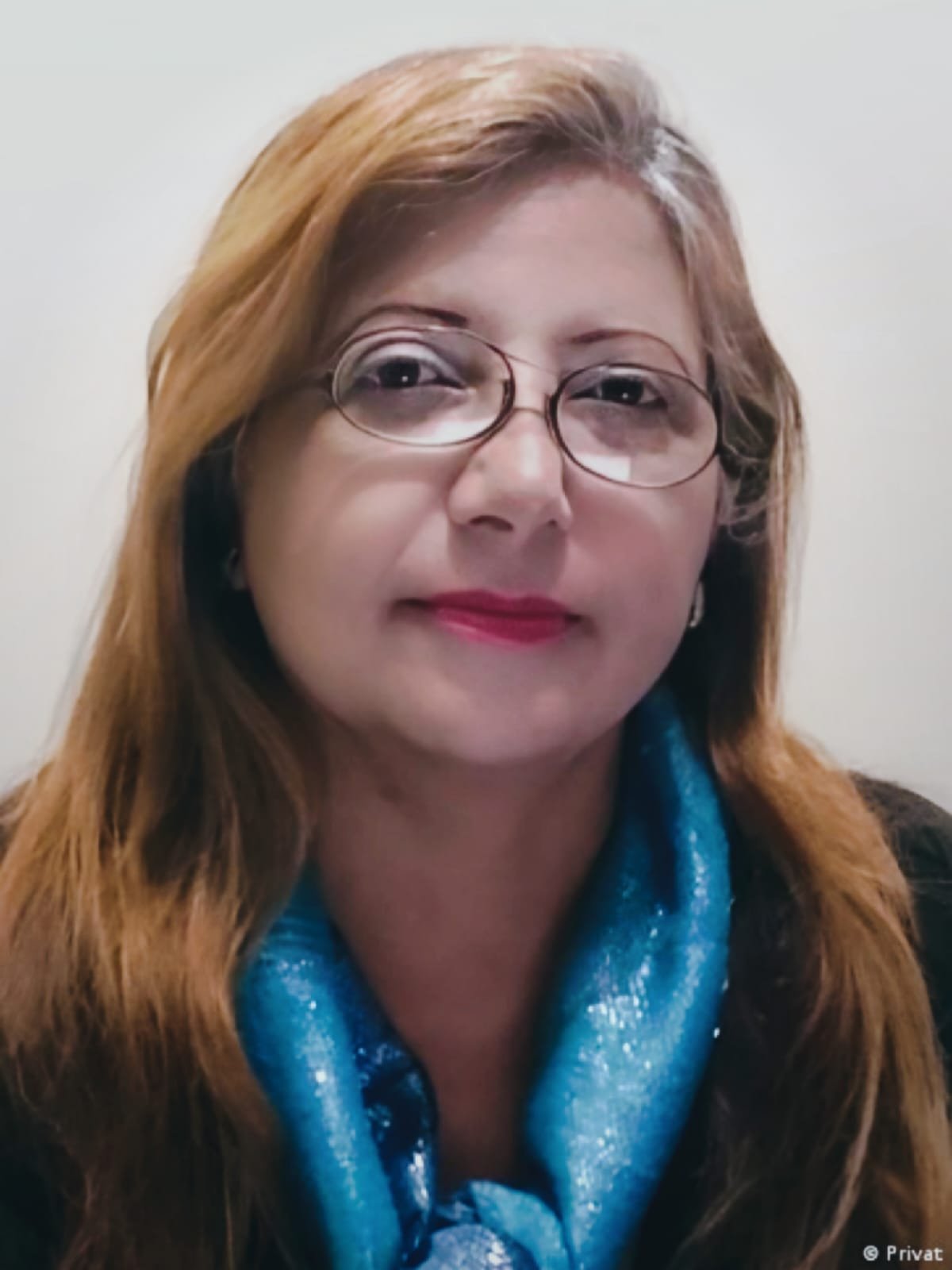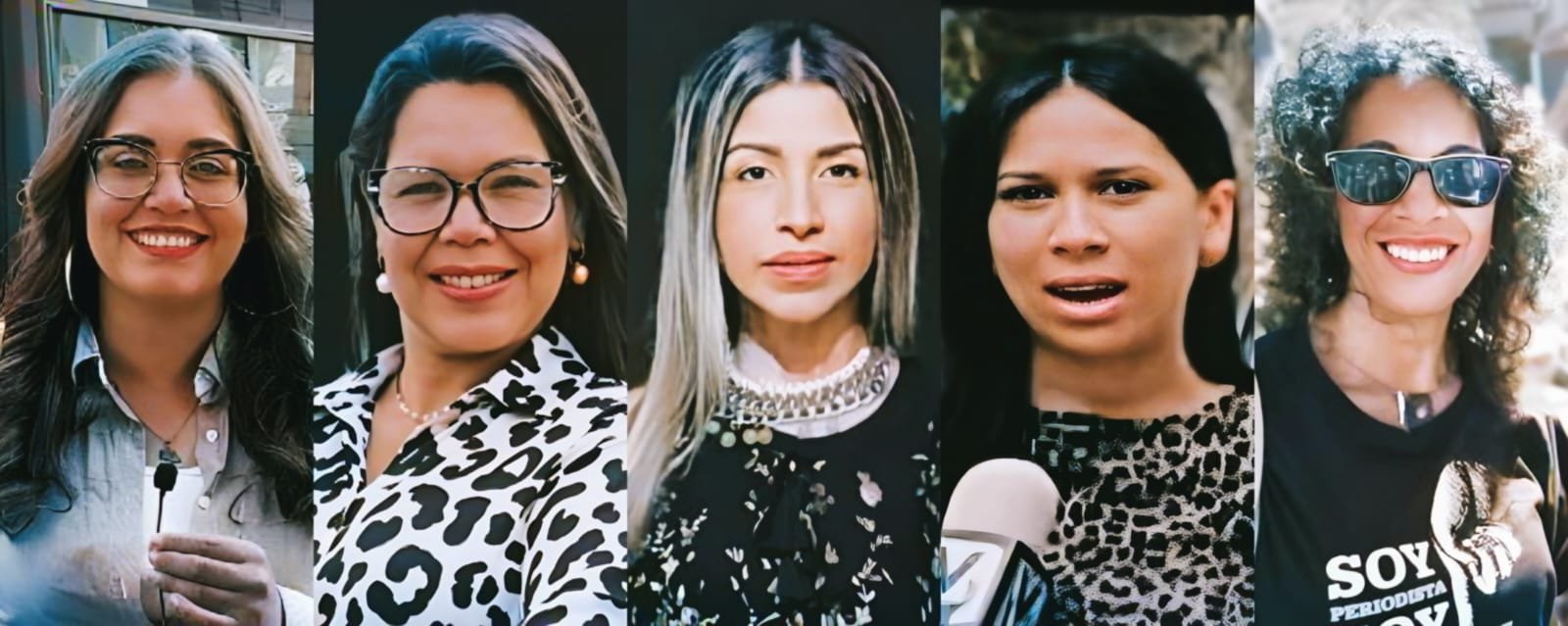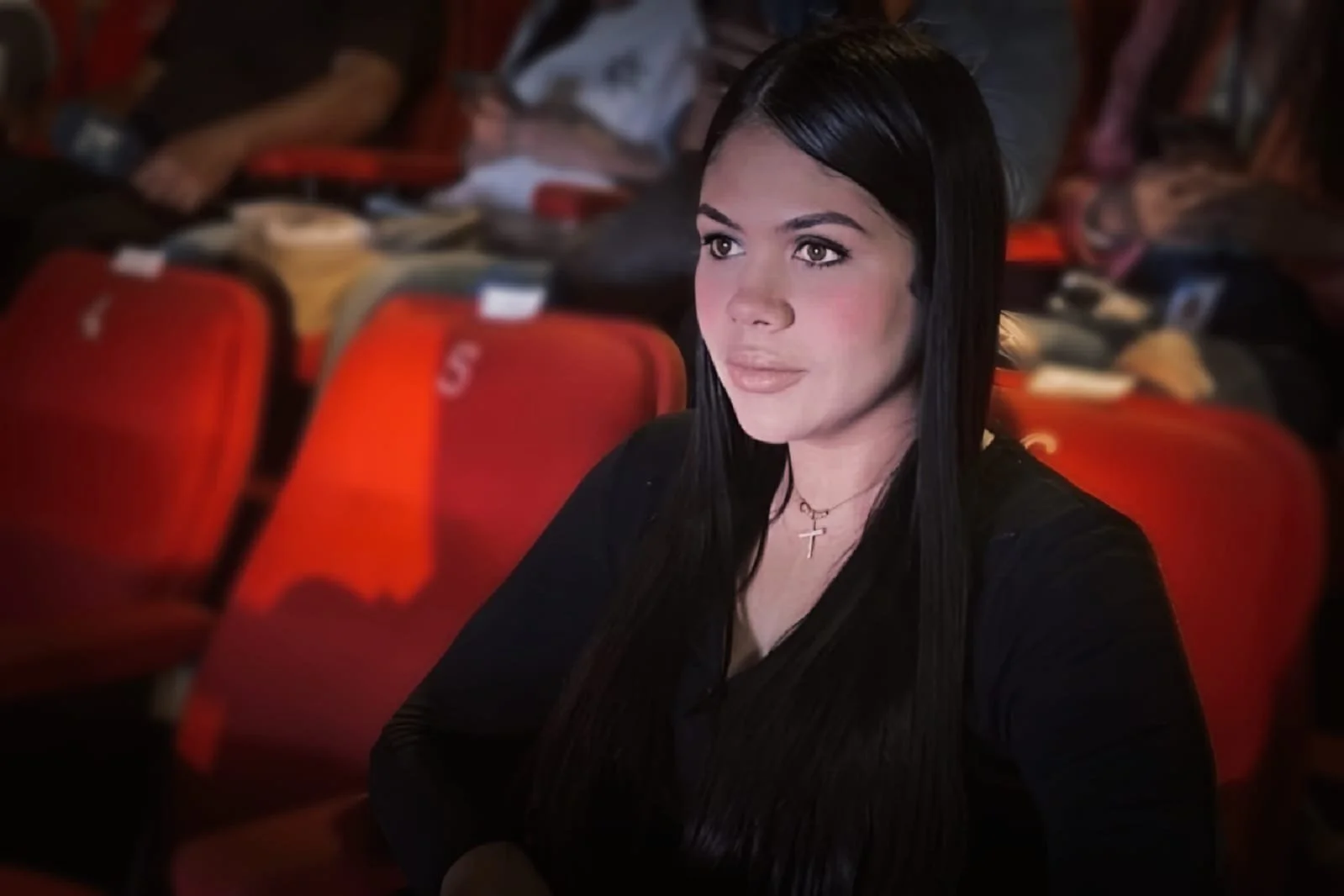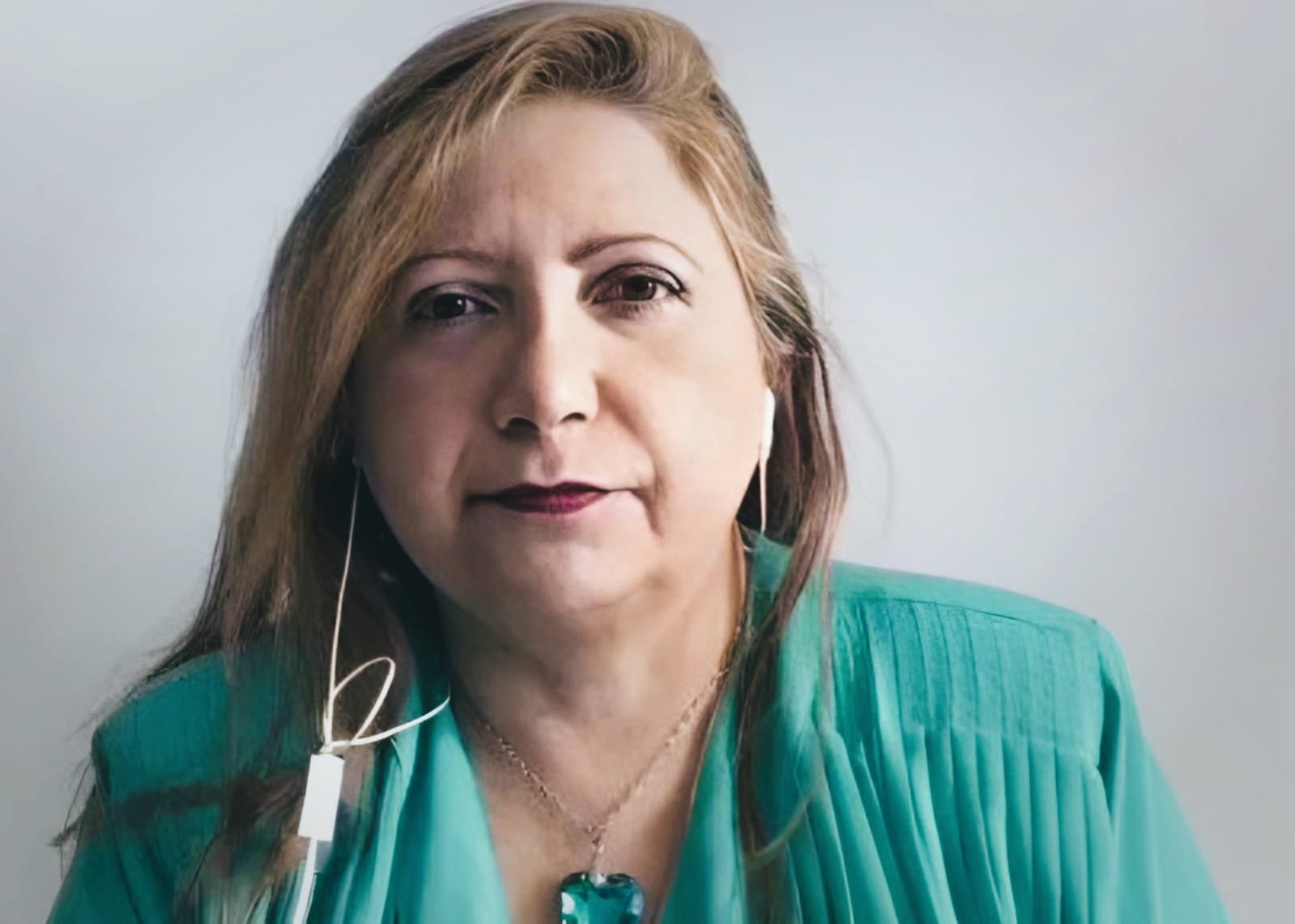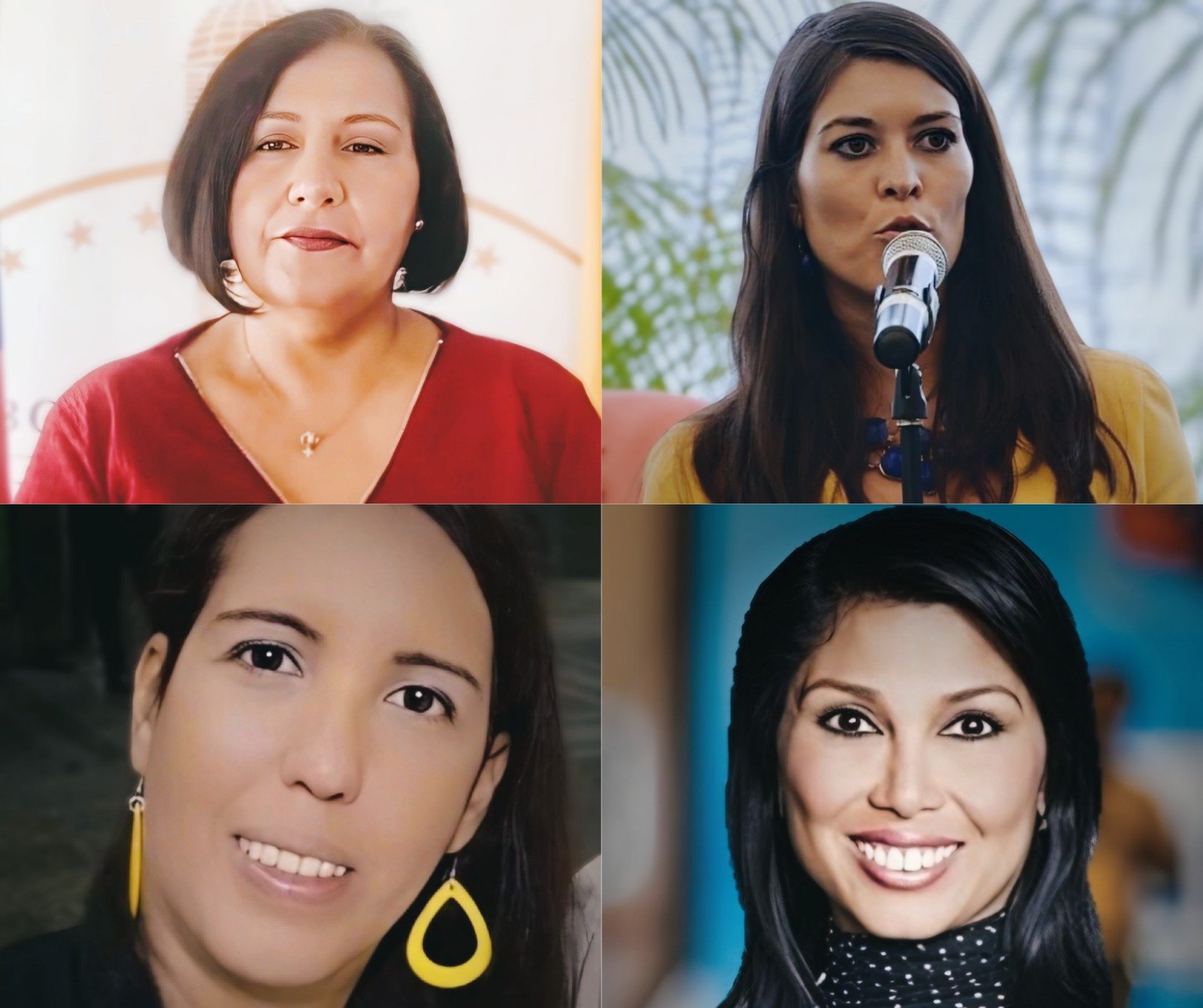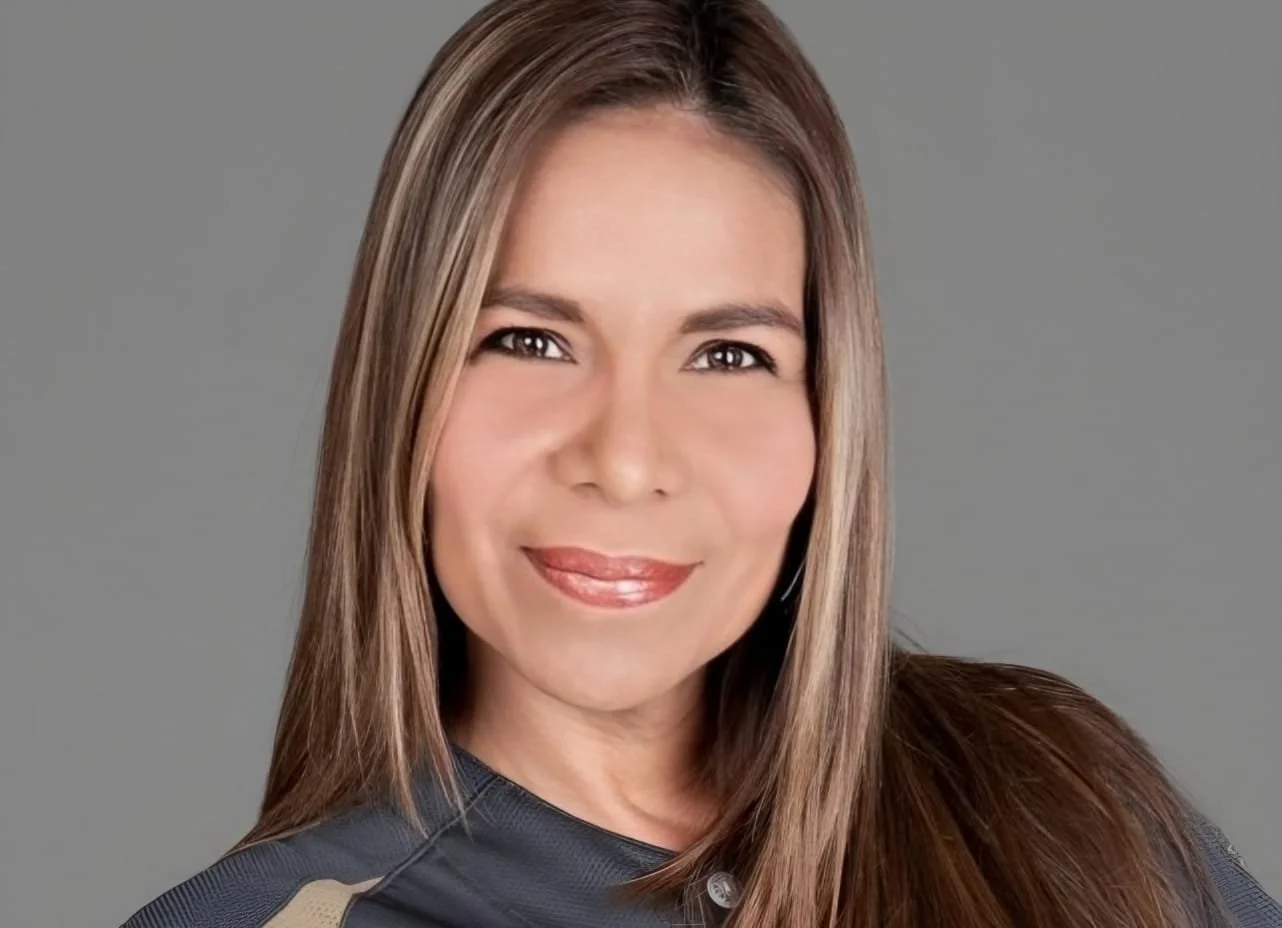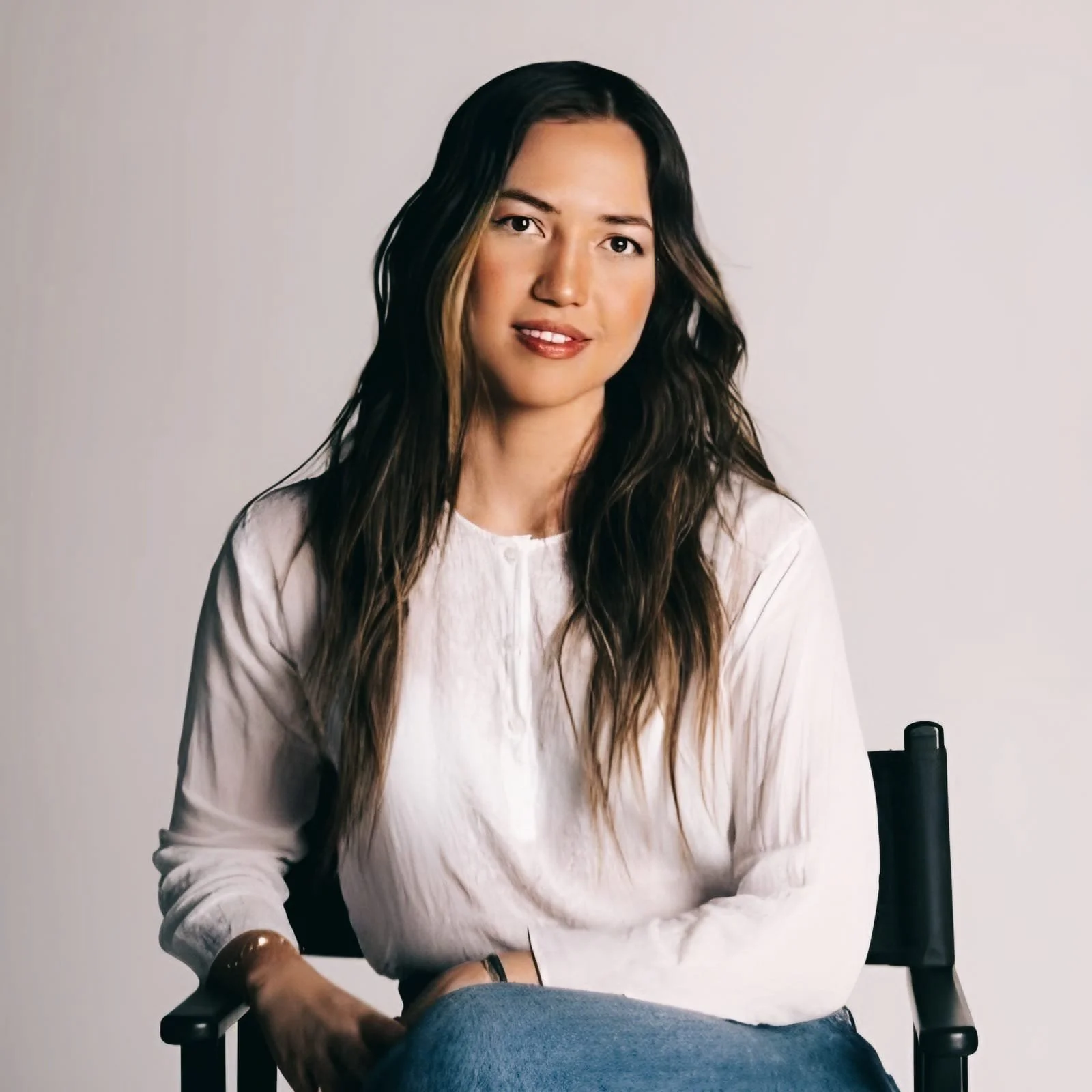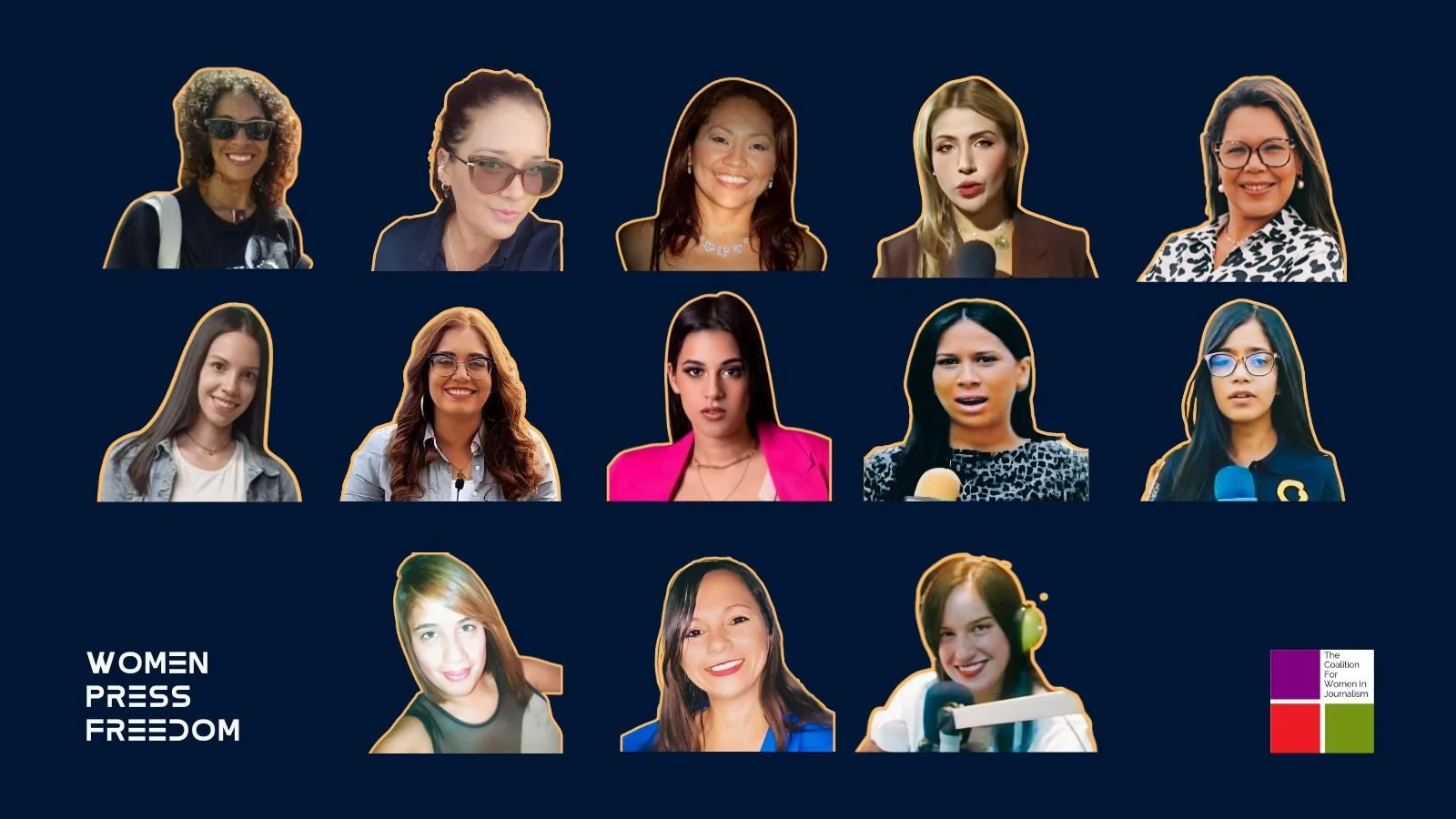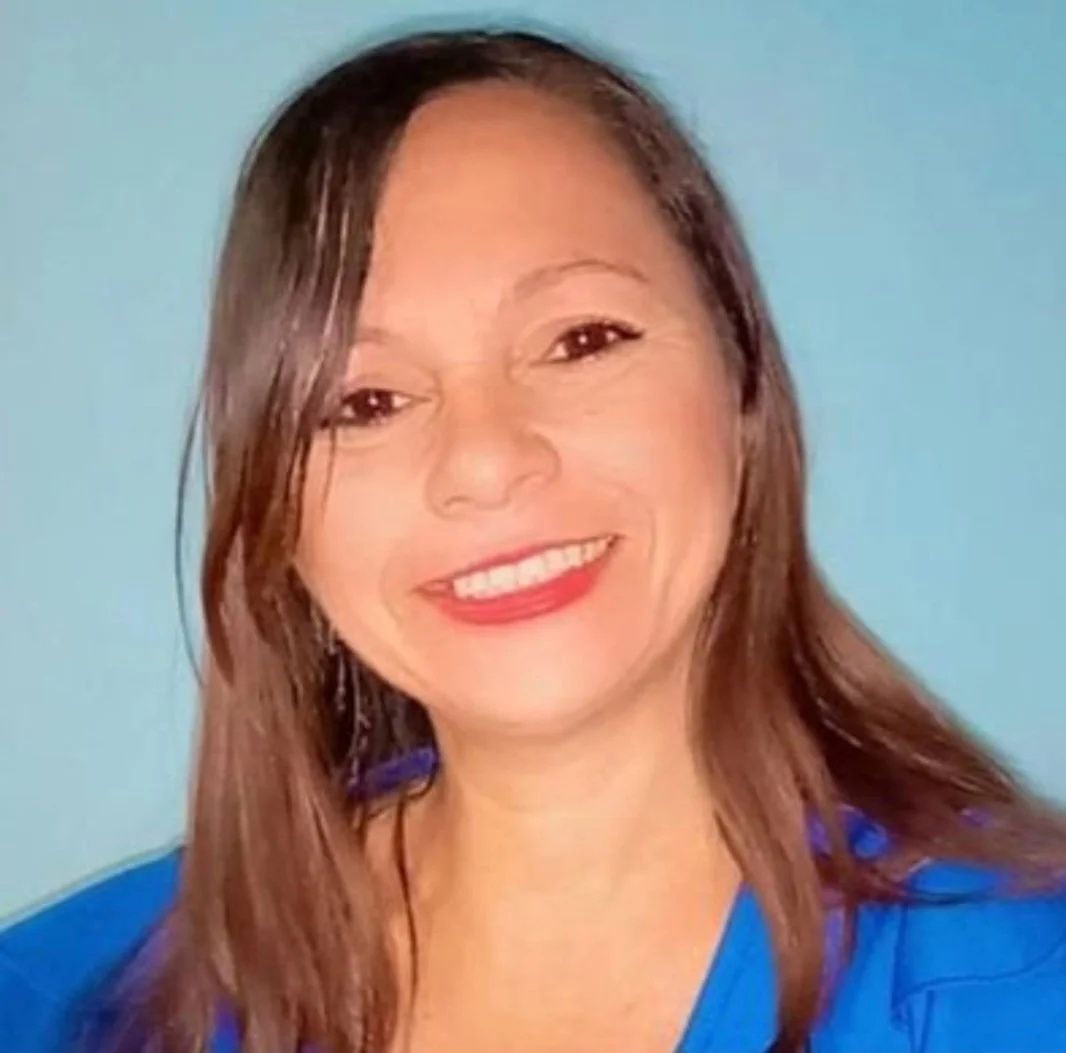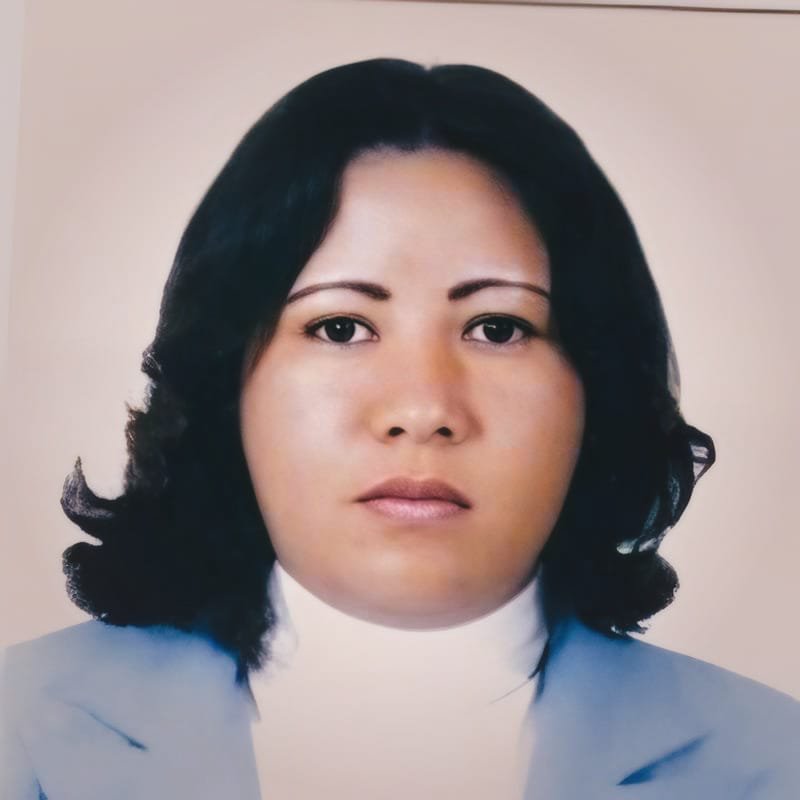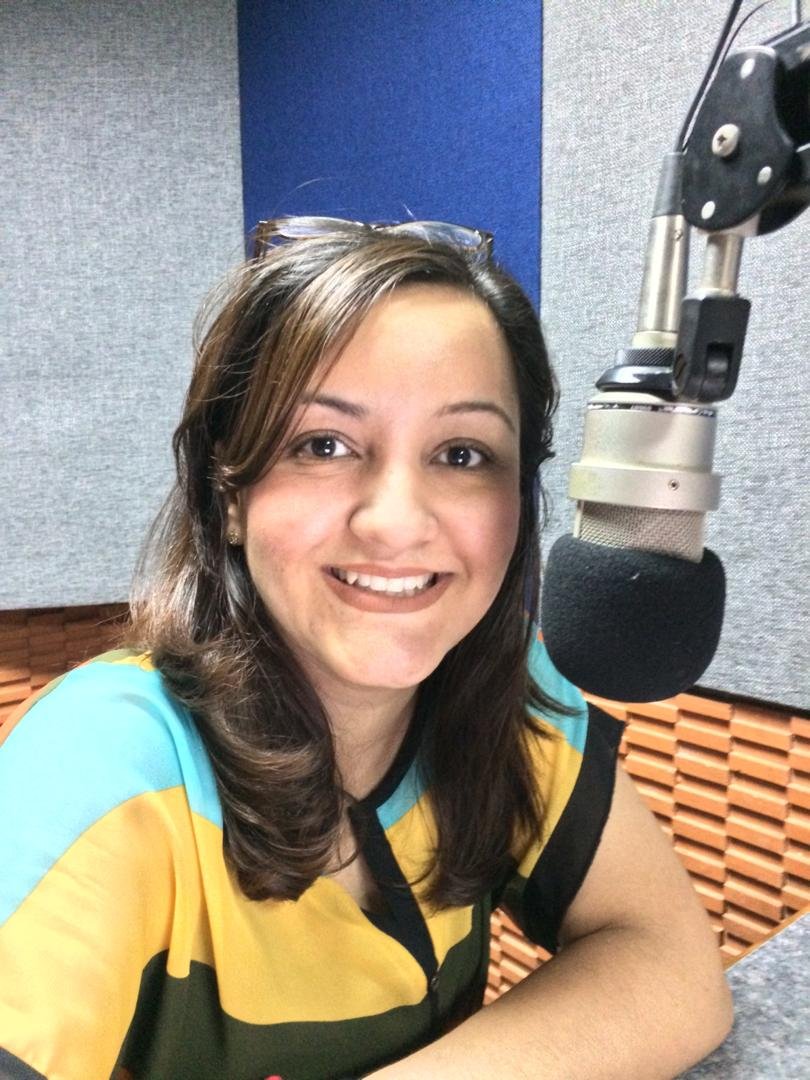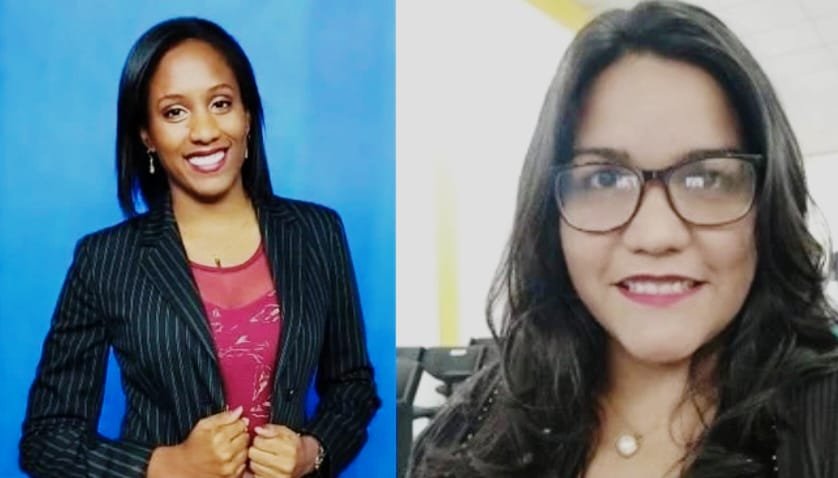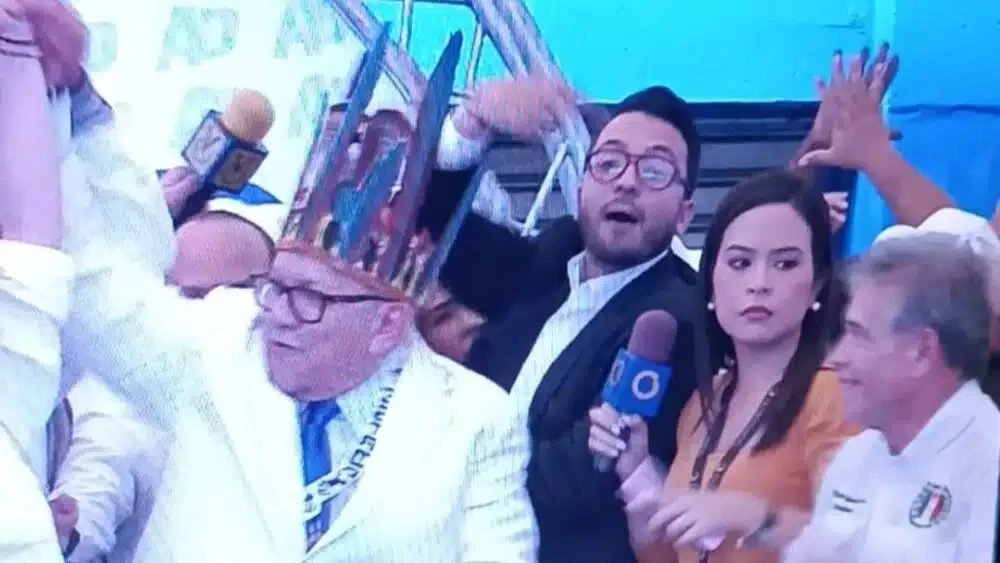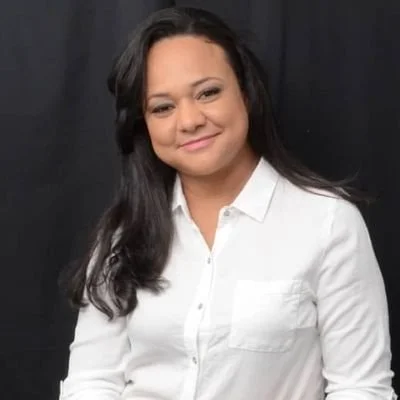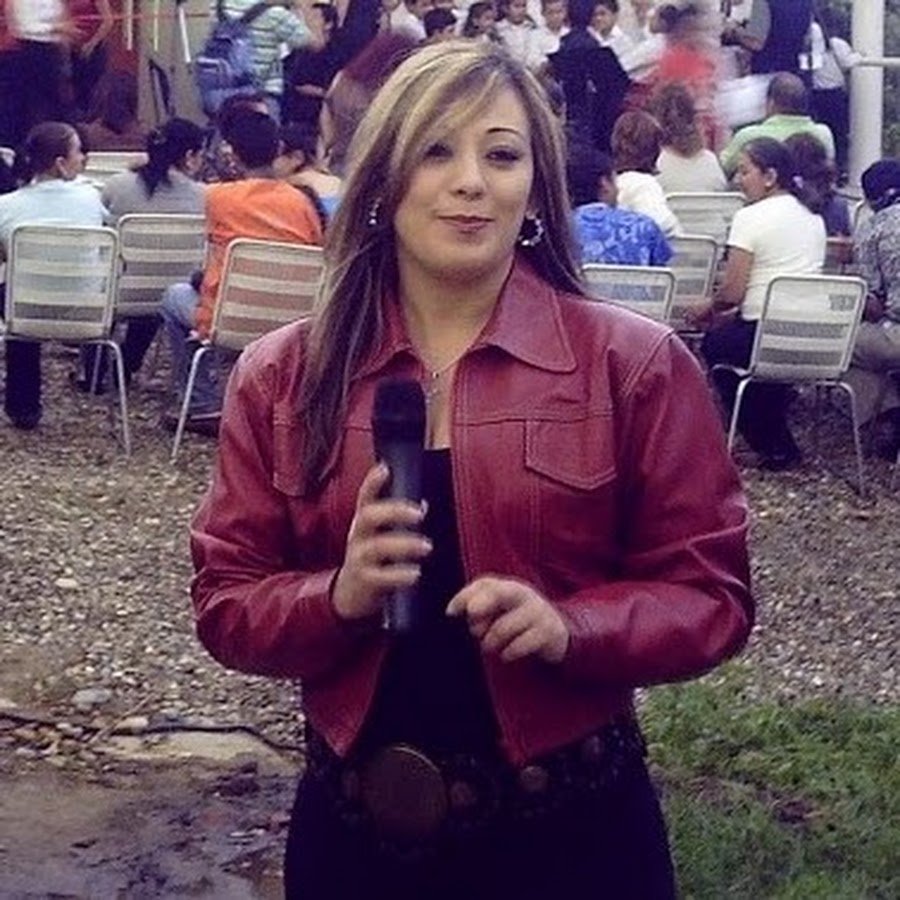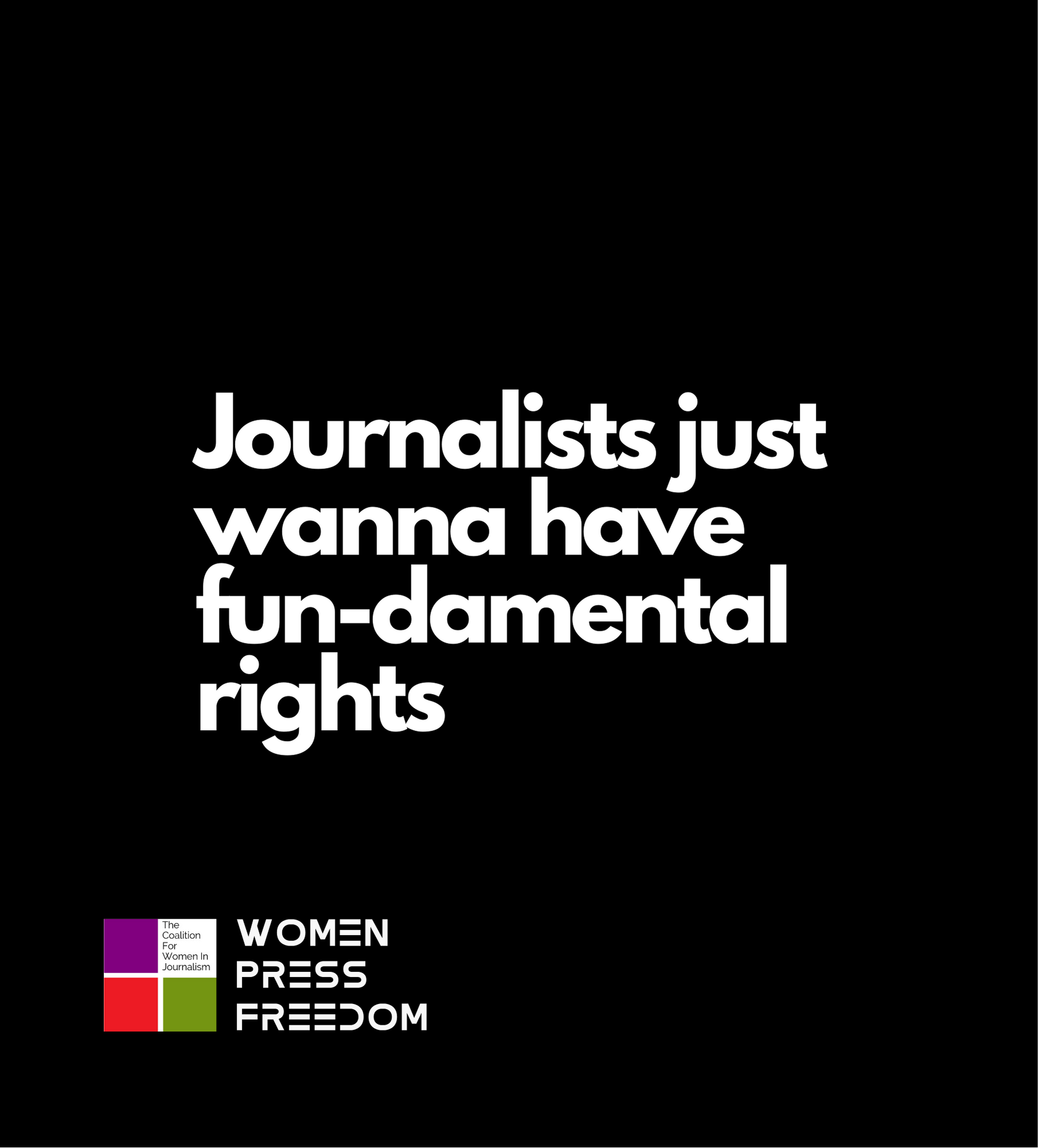Venezuela: WPF Vehemently Condemns Harassment, Intimidation of Journalists Covering Presidential Election
Maduro’s government and supporters continue to show contempt and hostility toward independent press
Location: Venezuela
Date: July 28, 2024Women Press Freedom firmly condemns the hostile environment and aggressive actions perpetrated by Maduro’s government and local officials during Venezuela’s presidential election on July 28, 2024. Journalists faced severe threats, including detentions, harassment, and hostile rhetoric from government officials and law enforcement — Plan República. These actions severely impeded their ability to report independently and accurately. President Maduro declared victory amid widespread allegations of election irregularities and voter fraud, suggesting that targeting journalists at polling stations was a deliberate attempt to silence accurate reporting and suppress evidence of misconduct. Women Press Freedom demands an end to the harassment of journalists and call on authorities to ensure their safety while covering elections and related events. The attacks on the press highlight Maduro’s efforts to undermine the fairness of the election process. We express our full solidarity with Venezuela’s independent press and urge the international community to denounce these efforts to silence their reporting.
Detentions of Journalists
Erika Rincón of El Diario Órbita and cameraman Miguel Pachano were detained in Anzoátegui state by the Guardia Nacional Bolivariana while covering the election in El Tigre. They were apprehended for allegedly using a drone for footage in Plaza Bolívar. After five hours at the La Guarapera command post, they were released with their drone confiscated but their personal belongings returned. Rincón reported to the National Union of Press Workers (SNTP) that she was fine despite "the huge scare we went through."
Acts of Intimidation Against Journalists
Francesca Díaz of Correo del Caroní faced intimidation in Bolívar state when a citizen tried to confiscate her credentials and photograph her after she recorded a protest against Governor Ángel Marcano. The aggressor threatened to blame her if any negative information about the governor was published.
In Distrito Capital, Crónica Uno’s Yandris Saldivia was blocked from interviewing voters outside Barrio Adentro El Guamal by a Militia member who also demanded she delete her photos.
Luna Perdomo of Tal Cual experienced intimidation from an official from the National Armed Force (FAN) in Caricuao, who ordered her to leave the Tomás Vicente González voting center.
In Miranda, Isayen Herrera, a Caracas correspondent who contributes to The New York Times, reported that the coordinator of the UE Rodríguez López voting center in Los Teques, Margarita Cañas, verbally harassed her. She told Herrera she “was full of hate.”
Journalist Yanara Vivas, from Mérida, said she was photographed by two people when talking to the person in charge of the Plan República, who denied access to the press accredited to this voting center. Plan República is the military and police operation established to ensure security and order during elections in Venezuela.
Accredited Journalists Denied Access to Polling Stations
In Táchira state, Daniela González of La Nación was expelled from Escuela Francisco de Paula Reina and restricted to interviewing only pro-government individuals present.
Leonervis Hernández, from the newspaper Primicia, in Bolívar state, was not allowed to cover the election either inside or outside the polling stations at the Alta Vista Sur Elementary School and the Alta Vista Sur National School in Puerto Ordaz, because Plan República officials did not allow her to take photos or conduct interviews.
At Unidad Educativa Maracay in Aragua state, Plan República officers barred accredited journalists from entering voting centers unless they agreed not to use cameras or phones.
Foreign Journalists Denied Entry to Venezuela
Colombian journalists Carolina Trinidad and Vanessa de la Torre of Caracol Radio were expelled from Simón Bolívar International Airport in Maiquetía and deported back to Bogota without explanation.
Stigmatizing Rhetoric from Government Officials During Election Campaign
Between July 18 and July 22, 2024, President Nicolás Maduro launched verbal attacks against national and international media outlets. He accused EFE, AFP, AP, CNN en Español, and TRT of being "communication hitmen" spreading lies to delegitimize the election. Maduro labeled these outlets as "garbage" and accused them of attempting to tarnish Venezuela’s image. This rhetoric was supported by Jorge Rodríguez, president of the National Assembly, who also disparaged CNN’s reporting. On July 20, the Association of Foreign Press (Apex) condemned these attacks and called for respect towards international media.
Maduro Declares Election Win Amidst Allegations of Fraud
On July 29, 2024, Nicolás Maduro was declared the winner of the election by the National Electoral Council (CNE) with 51% of the vote. The opposition, led by Edmundo González, disputes the results, claiming he won 70% of the vote and accusing the CNE of fraud. Opposition leaders, including María Corina Machado, present data showing González in the lead. The election’s legitimacy is questioned due to allegations of irregularities and the CNE’s close ties to Maduro. International figures such as U.S. Secretary of State Antony Blinken and Chilean President Gabriel Boric have expressed doubts about the results.
Women Press Freedom condemns the violations against journalists covering the election as well as the dangerous rhetoric against the press espoused by Maduro and his party. This contempt for independent reporting on an important election is sadly typical of authorities in Venezuela. Women Press Freedom has documented an uptick in violations against women journalists, particularly those covering political events since late 2023. The detention and harassment of journalists, coupled with stigmatizing language from high-ranking officials, create a hostile environment for the media. These violations not only obstruct the journalists' ability to report freely but also undermine public trust in the press, which is vital for democratic processes and accountability.
We stand in solidarity with the affected journalists and urge the Venezuelan government to respect press freedom, ensuring that journalists can perform their duties without fear of retribution or violence. The international community must also remain vigilant and support efforts to protect journalists in Venezuela during this critical period.
Women Press Freedom is an initiative by The Coalition For Women In Journalism
The Coalition For Women In Journalism is a global organization of support for women journalists. The CFWIJ pioneered mentorship for mid-career women journalists across several countries around the world and is the first organization to focus on the status of free press for women journalists. We thoroughly document cases of any form of abuse against women in any part of the globe. Our system of individuals and organizations brings together the experience and mentorship necessary to help female career journalists navigate the industry. Our goal is to help develop a strong mechanism where women journalists can work safely and thrive.
If you have been harassed or abused in any way, and please report the incident by using the following form.








